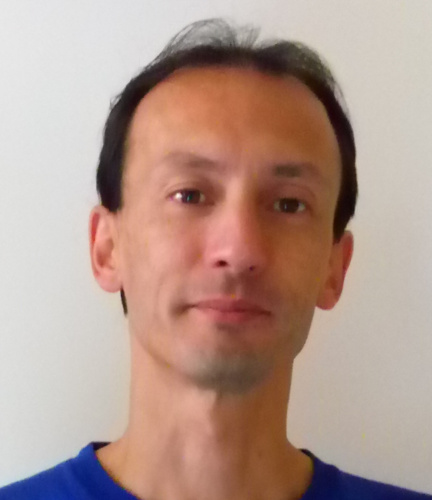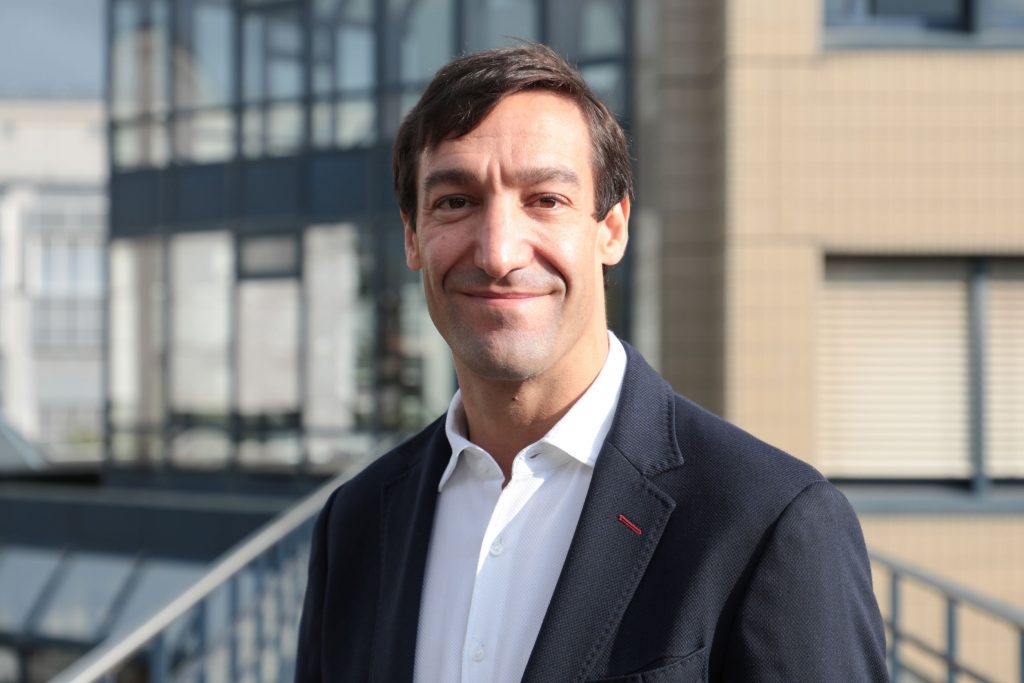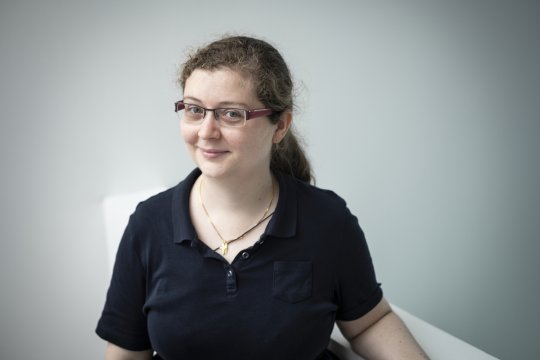Keynotes
SKA: Overview of the Data Processing Challenges and Development of the Science Data Processor – Dr. Shan Mignot (CNRS)

Radio-telescopes fundamentally rely on massive data processing to form observables after the radio waves have been digitized. For the square kilometre array telescope (SKA), the number of antennas and of frequency channels lead to considerable amounts of raw data which first need to be combined to form beams or visibilities so that temporal or spatial data reduction can be carried out to lead to data products that scientists can ultimately analyse. The design for the SKA has one processing facility for each of these stages, in the field (Central Signal Processors), at a national scale (Science Data Processors) and widely distributed (SKA Regional Centres) with specific requirements in terms of data flow, power, diversity of tasks and accessibility. This keynote will describe the overall strategies adopted by the SKA observatory and then focus on the SDPs, building software stacks and procuring platforms able to deliver this high performance computing at an unprecedented scale, so that the telescope can be maintained and evolve over the lifetime of the observatory with a total cost of ownership which is not that of an HPC project.
Shan Mignot is a CNRS research engineer at Observatoire de la Côte d’Azur. After an early-career contribution to the software and hardware architecture for the data processing on board the Gaia satellite, he has contributed to the systems engineering of GYES, 4MOST and MSE. He has joined the SKA project 1.5 years ago. Besides being the Scrum Master of the SCOOP team, he is involved in the development of the hardware-software co-design for the SKA’s SDP, in involving the academic community in the associated R&D, and in the management of the French contribution to the SKA radiotelescope.
Biologically-Inspired IoT Systems for Federated Learning-Based Healthcare – Prof. David Atienza (EPFL)

The Internet of Things (IoT) has been hailed as the next frontier of innovation where our everyday objects are connected in ways that improve our lives and transform industries, in particular healthcare. In this keynote, Prof. Atienza will present the challenges of designing a sustainable world with the current trends of deep learning and Artificial Intelligence (AI) in the IoT context. Then, it will be introduced the concept of biologically-inspired IoT systems that combine edge AI architectures and federated learning systems to develop a sustainable and collaborative healthcare system. This new approach learns the critical architectural concepts from biological systems to design IoT systems using an energy-efficient edge AI template that can gracefully adapt their energy consumption and precision according to the target signal characteristics. Then, IoT systems collaborate in a structured way through federated learning to gradually help each other improve their final classification quality in different real-life operating conditions.
David Atienza is a full professor of Electrical and Computer Engineering, and leads both the Embedded Systems Laboratory (ESL) and the new EcoCloud Sustainable Computing Center at EPFL, Switzerland. He received his M.Sc. and Ph.D. degrees in Computer Science and Engineering from UCM (Spain) and IMEC (Belgium). His research interests focus on system-level design methodologies for energy-efficient multi-processor system-on-chip architectures (MPSoC) and next-generation smart embedded systems (particularly wearables) for the Internet of Things (IoT) era. He is a co-author of more than 350 publications and 14 patents in these fields and has received several best paper awards. In addition, Dr. Atienza received the ICCAD Ten Year Retrospective Most Influential Paper Award in 2020, the DAC Under-40 Innovators Award in 2018, IEEE TCCPS Mid-Career Award in 2018, an ERC Consolidator Grant in 2016, and Faculty Awards from both Sun Labs at Oracle and IBM. He is an IEEE Fellow and an ACM Distinguished Member.
Sustainability of distributed systems – Dr. Anne-Cécile Orgerie (CNRS)

Distributed systems, such as Cloud computing, are increasingly spanning worldwide, with digital services hosted all around the globe and often belonging to complex systems, utilizing many other services and hardware resources themselves. Along with this increase comes an alarming growth of Cloud devices and their related energy consumption. Despite the distributed systems’ complexity, understanding how they consume energy is important in order to hunt wasted Joules and reduce their environmental impact. This talk will deal with measuring the energy consumption of distributed systems and deriving models from these measurements to evaluate their energy consumption and their environmental impact.
Anne-Cécile Orgerie is research scientist at CNRS, in the IRISA laboratory in Rennes. She received her PhD in 2011 in Lyon. She belongs to the Myriads team, dealing with large-scale distributed systems, Cloud computing and edge infrastructures. Her research interests include measuring, modeling, simulating and improving the energy efficiency of distributed systems. She received for this work the bronze medal of CNRS in 2020. She is currently the director of the working group EcoInfo which studies the environmental impact of ICT devices.